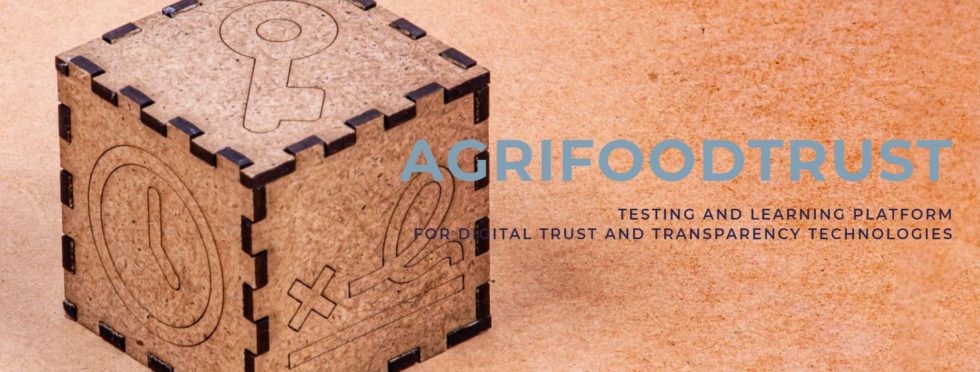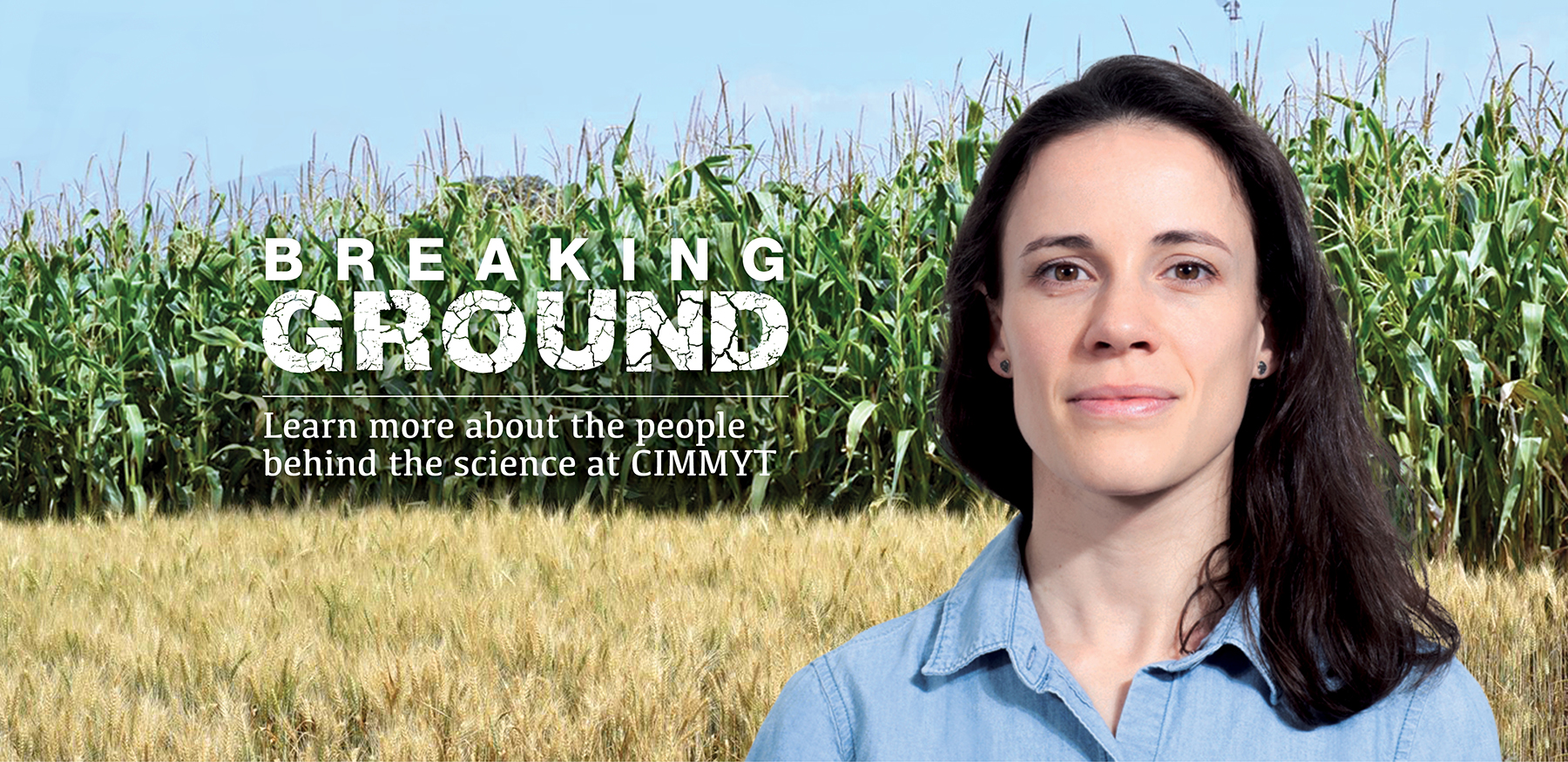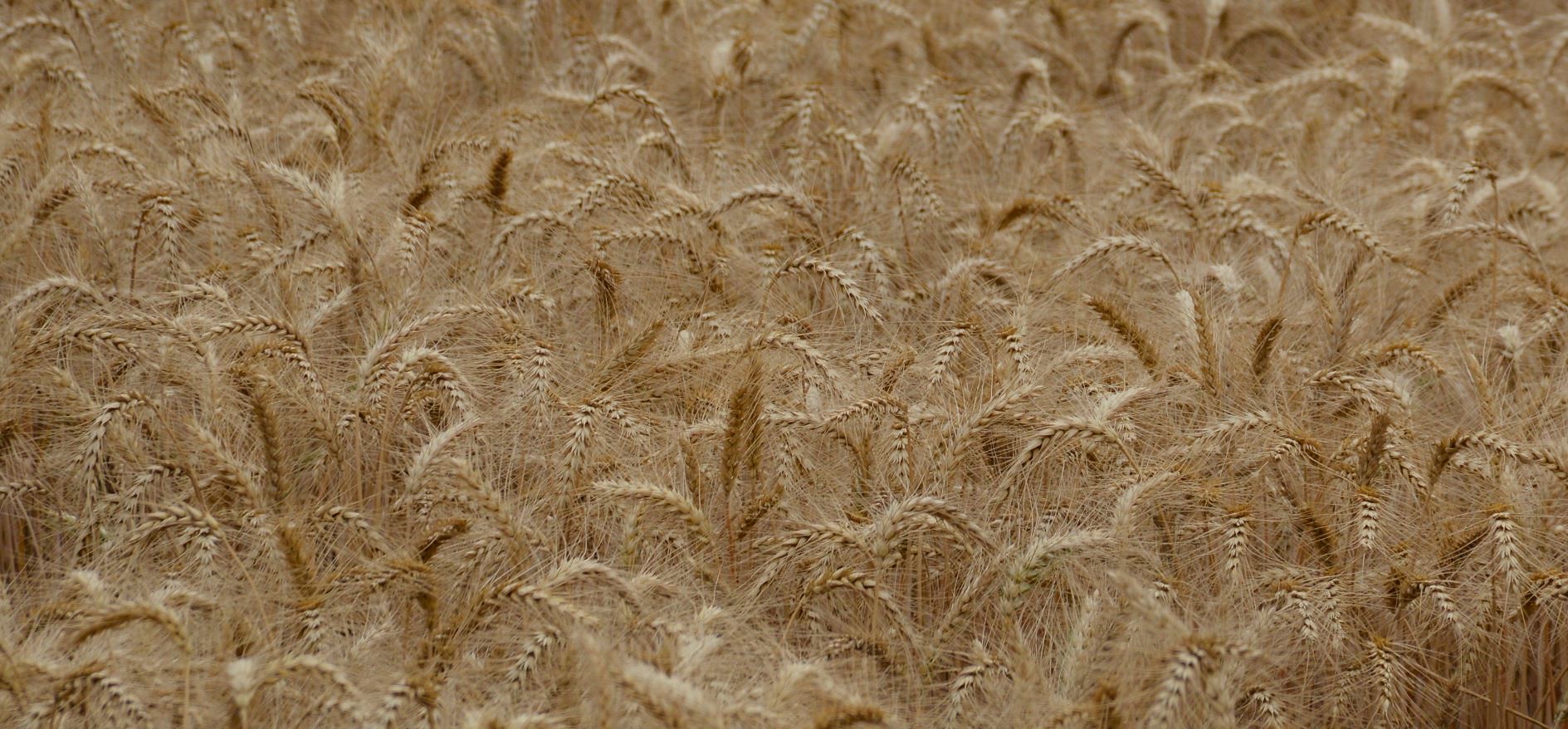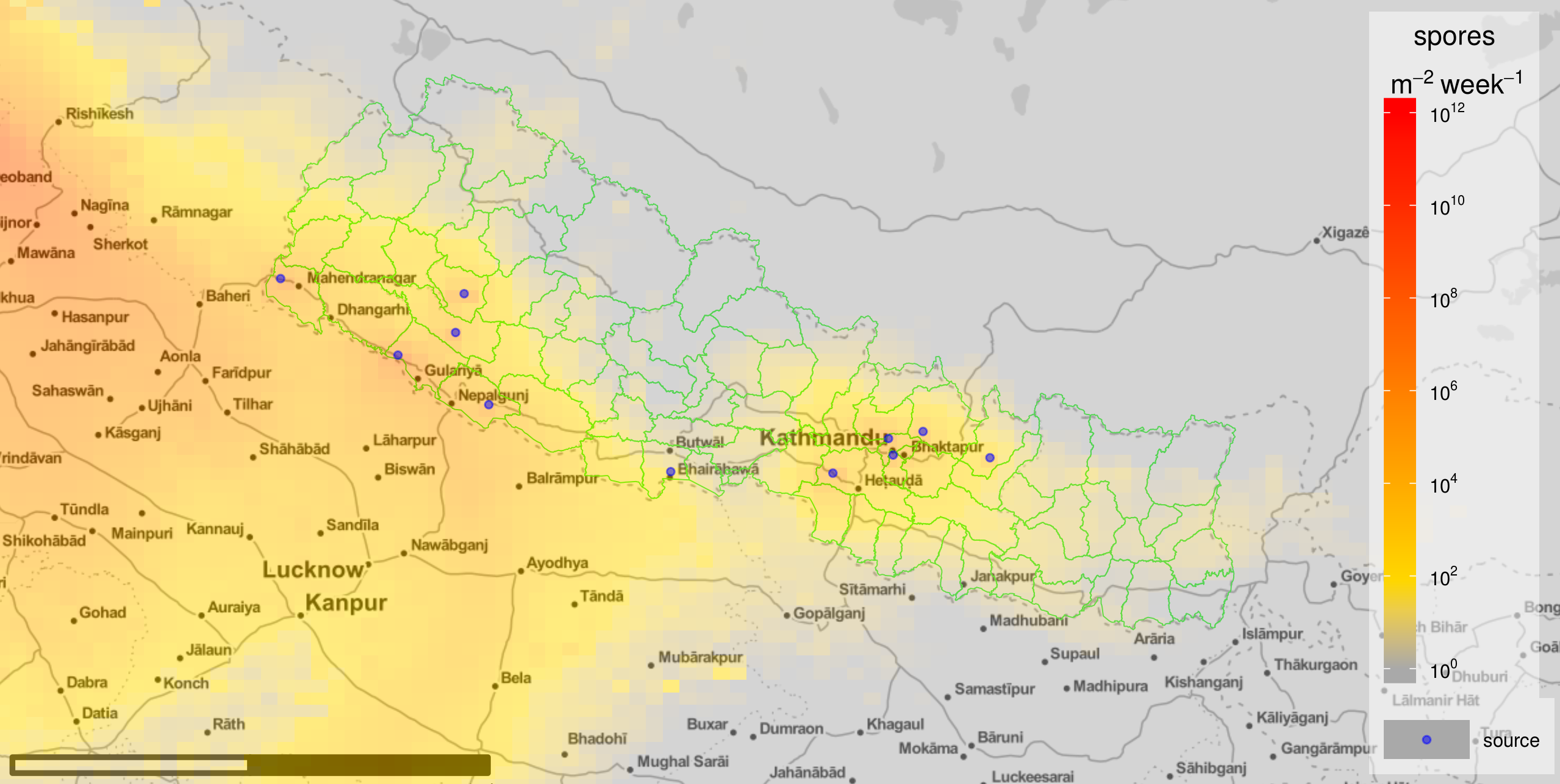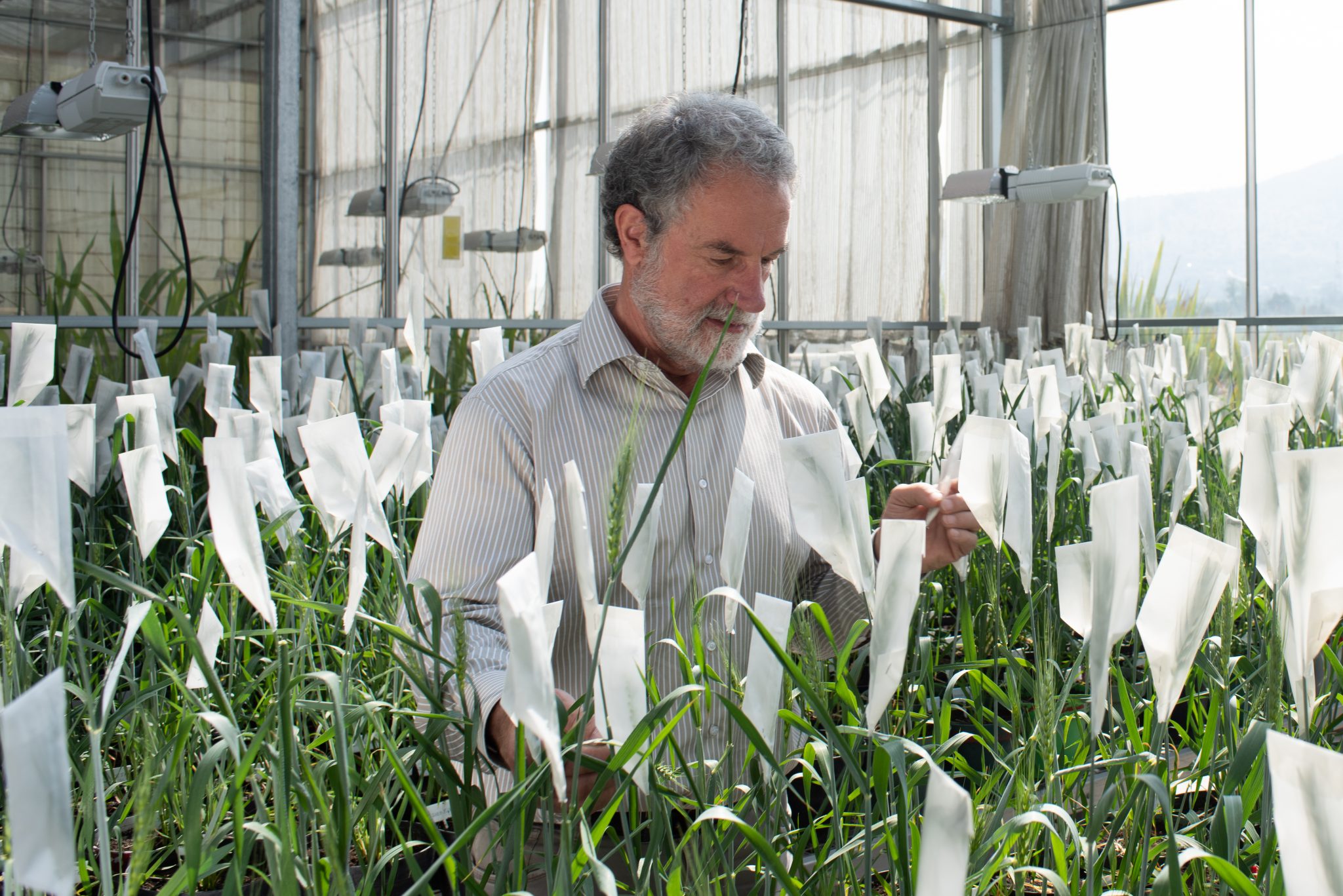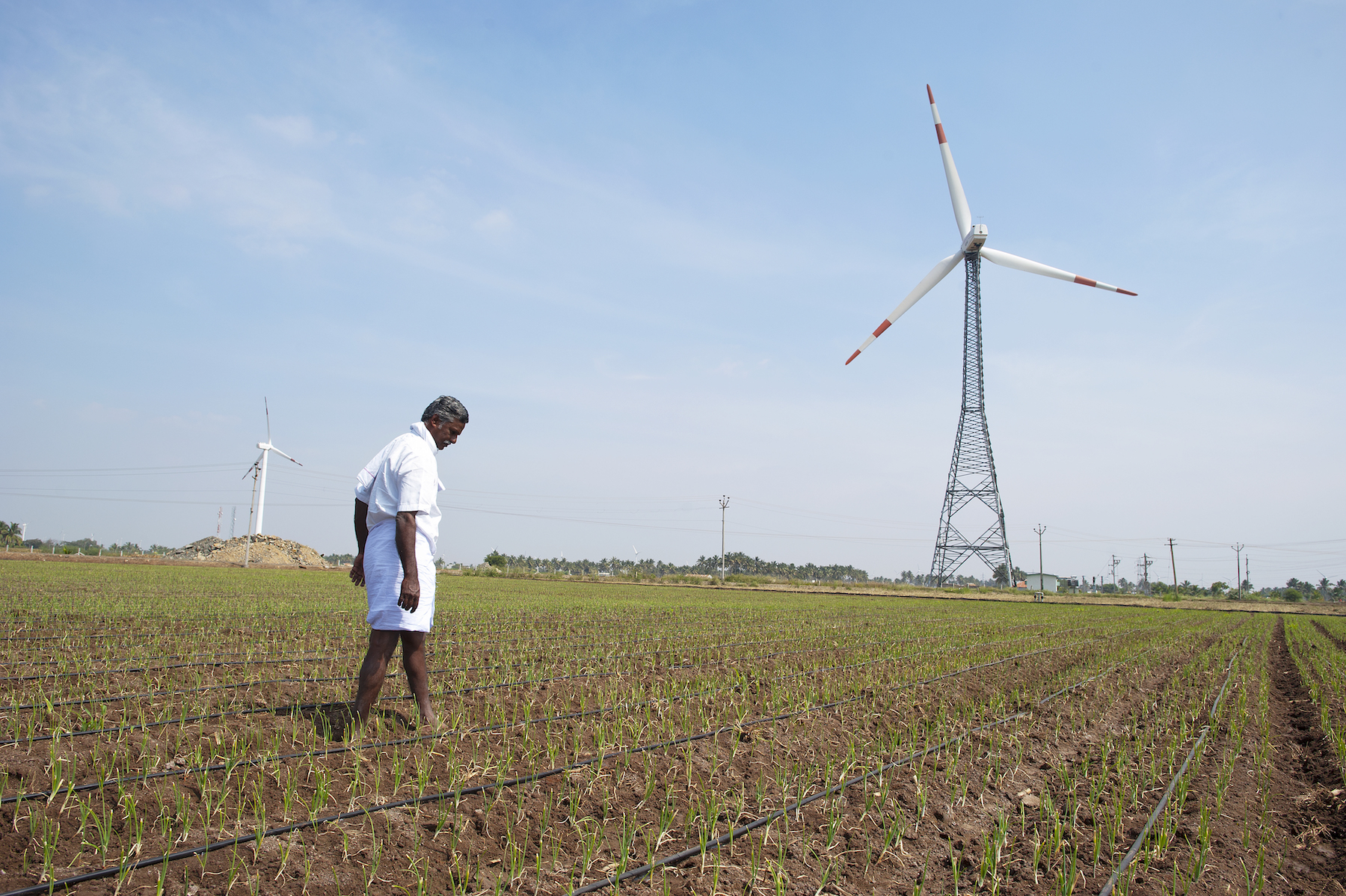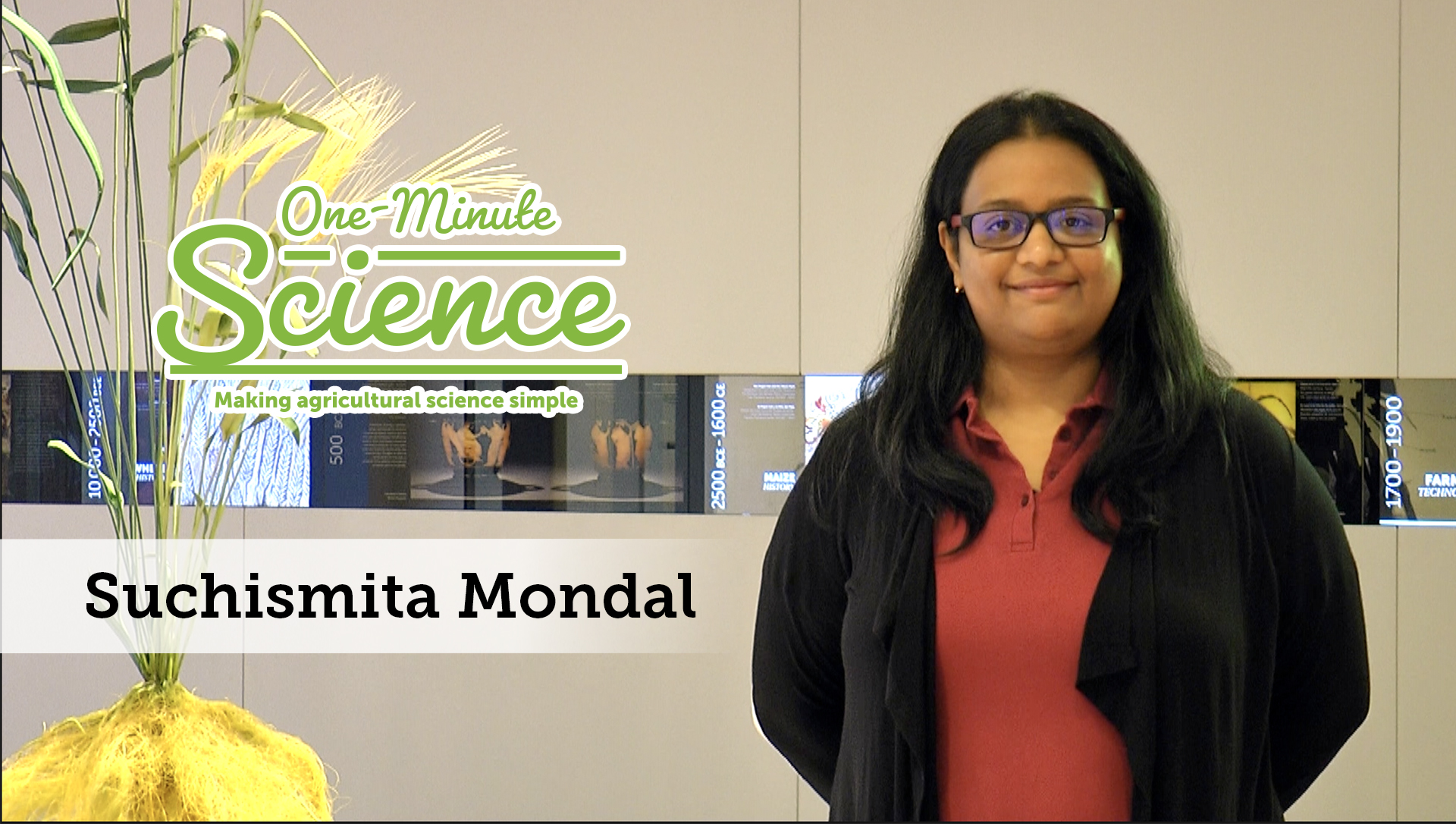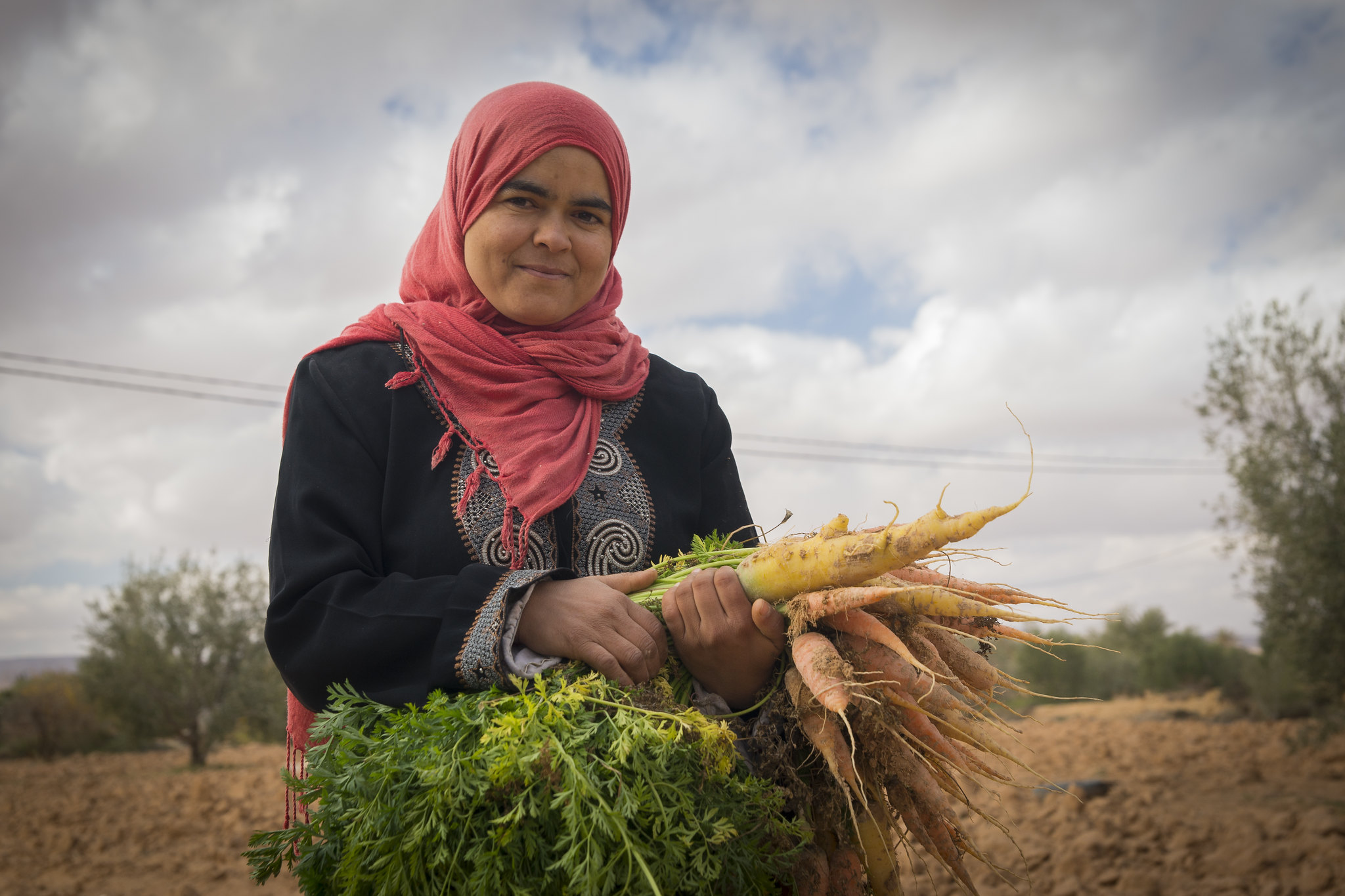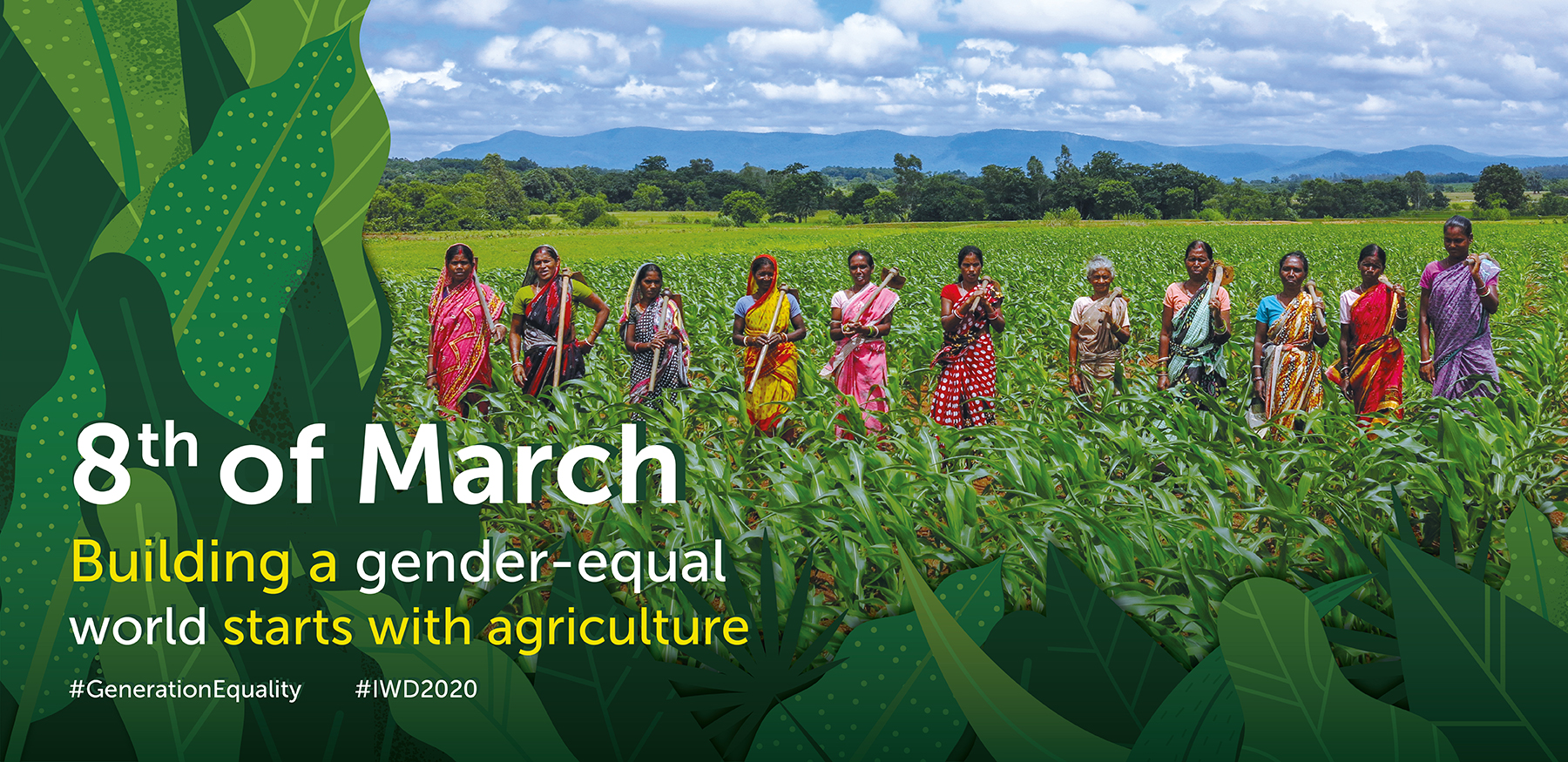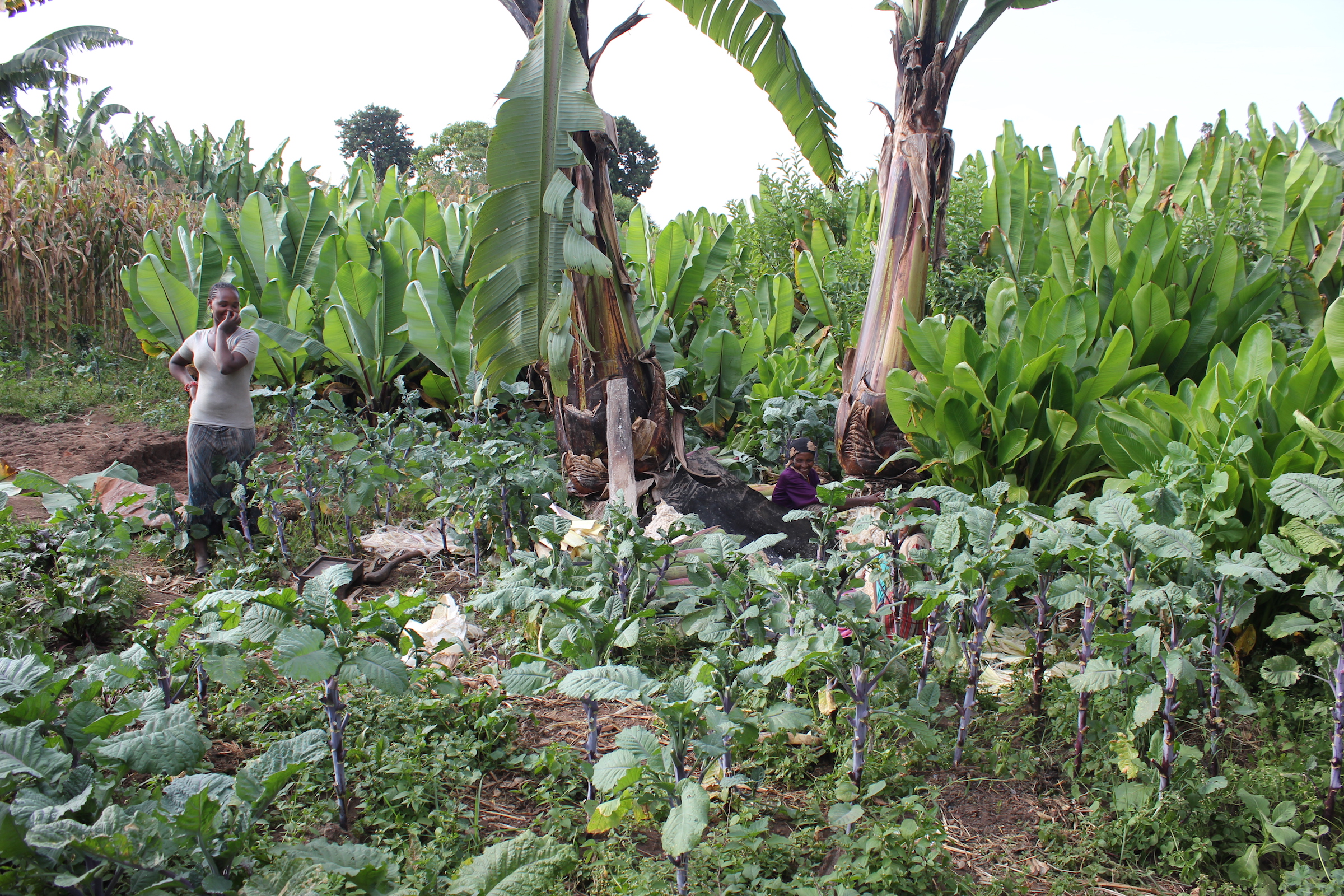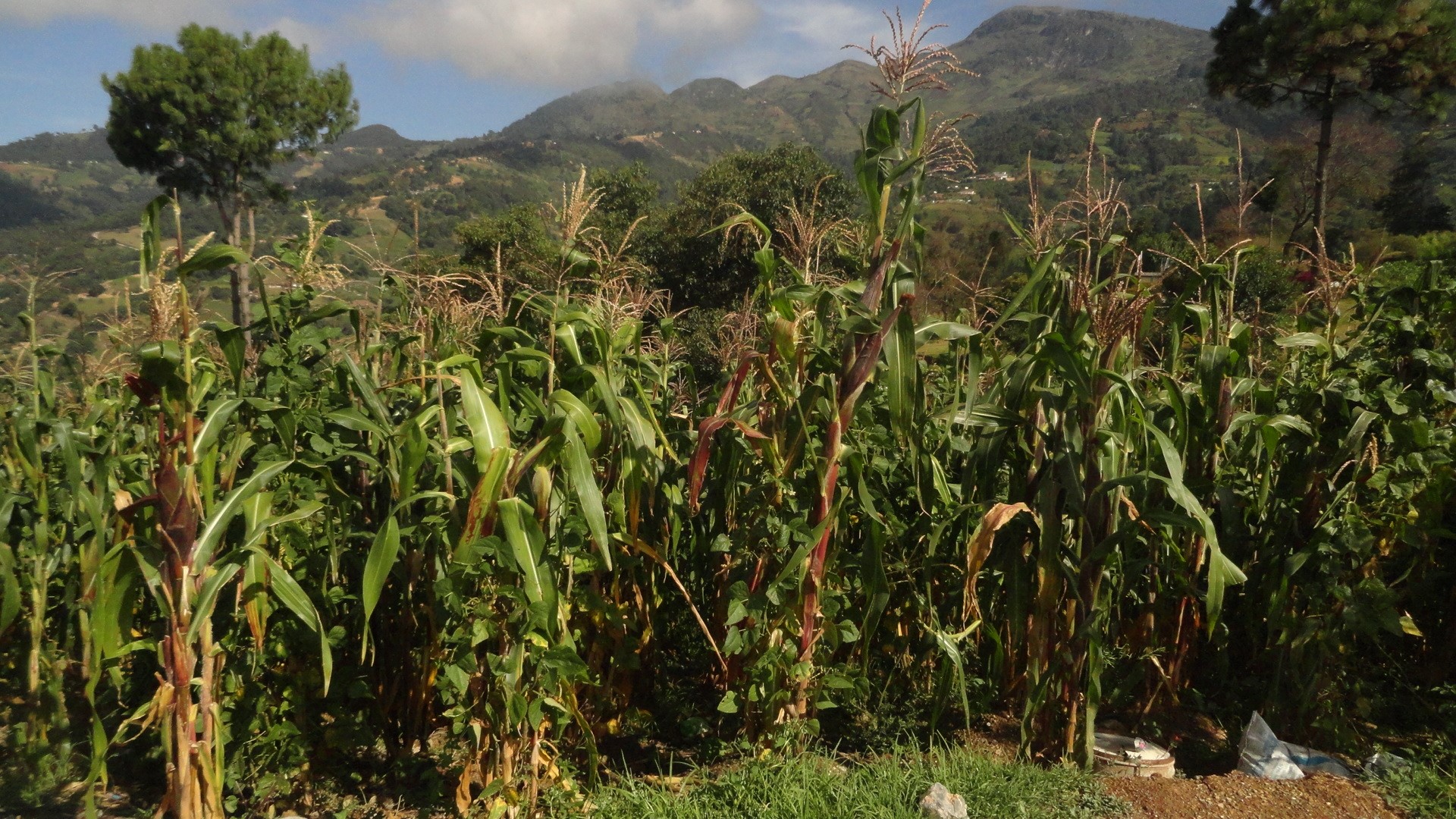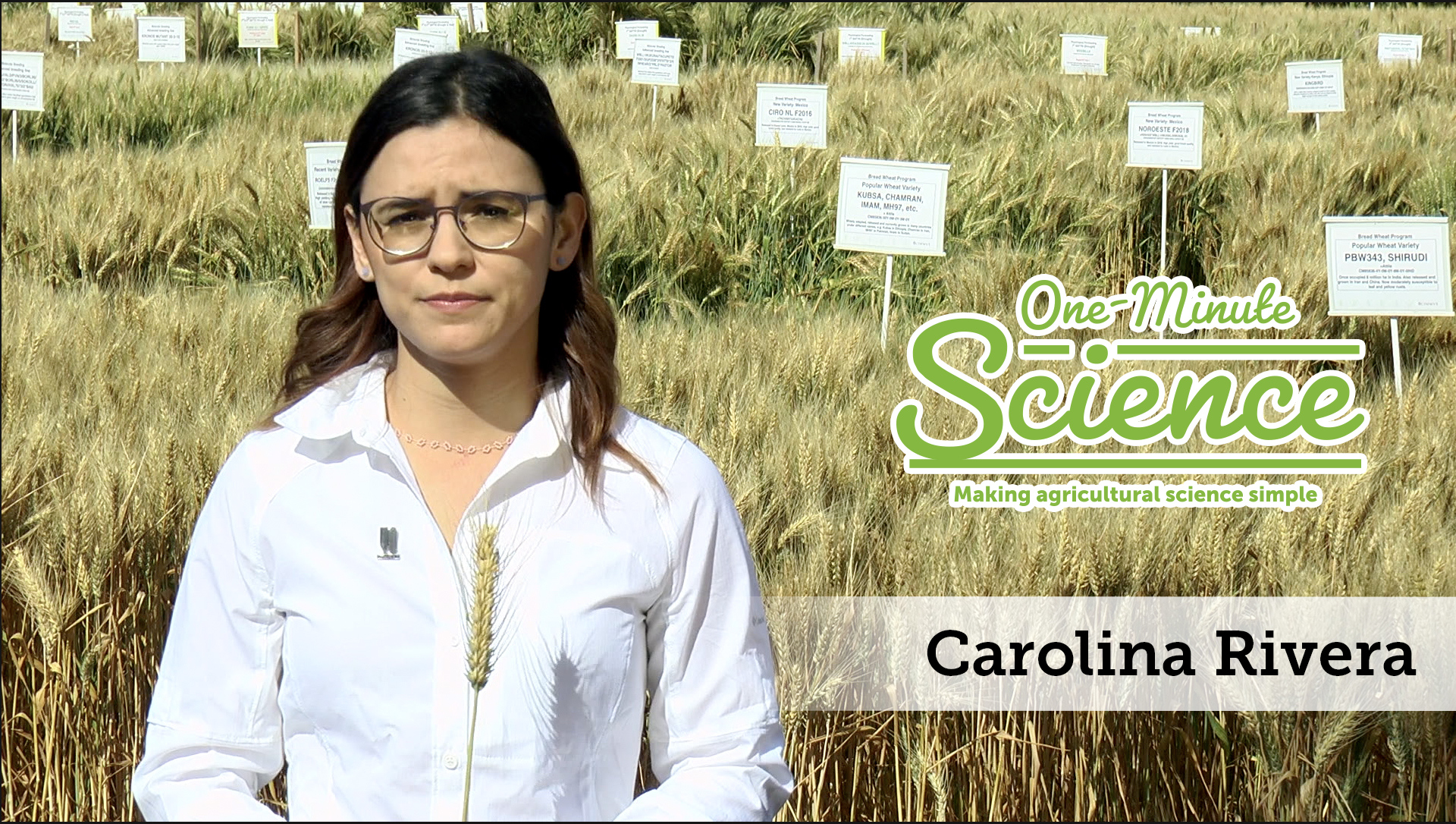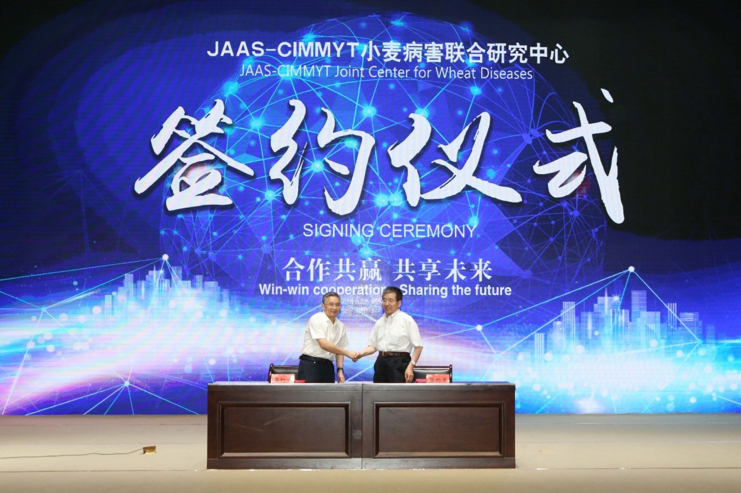CGIAR Research Program on Wheat (WHEAT)
Joining advanced science with field-level research and extension in lower- and middle-income countries, the CGIAR Research Program on Wheat (WHEAT) works with public and private organizations worldwide to raise the productivity, production and affordable availability of wheat for 2.5 billion resource-poor producers and consumers who depend on the crop as a staple food.
WHEAT is led by the International Maize and Wheat Improvement Center (CIMMYT), with the International Center for Agricultural Research in the Dry Areas (ICARDA) as a primary research partner.
Funding for WHEAT comes from CGIAR and national governments, foundations, development banks and other public and private agencies, in particular the Australian Centre for International Agricultural Research (ACIAR), the UK Department for International Development (DFID) and the United States Agency for International Development (USAID).
Launching the AgriFoodTrust platform
 Innovations
Innovations
New testing and learning platform aims to build the knowledge base for trust and transparency technologies in food systems.
Breaking Ground: Maria Itria Ibba and the lab that bakes bread
 Innovations
Innovations
CIMMYT scientist helps breeders meet complex and stringent market demands for high-quality wheat.
CIMMYT and Pakistan: 60 years of collaboration
 Nutrition, health and food security
Nutrition, health and food security
New fact sheet captures the impact of six decades of maize and wheat research in Pakistan.
Blast and rust forecast
 Climate adaptation and mitigation
Climate adaptation and mitigation
New project to deliver wheat disease warnings directly to farmers’ phones in Bangladesh and Nepal.
Crossing boundaries
 Nutrition, health and food security
Nutrition, health and food security
Looking at wheat diseases in times of the COVID-19 crisis.
New publications: Breeders can benefit much more from phenotyping tools
 Innovations
Innovations
Researchers discuss how phenotyping can assist breeding and make the case for investing in new methodologies.
Systems thinking at work in South Asia’s food production
 Environmental health and biodiversity
Environmental health and biodiversity
New blog published by the Chicago Council on Global Affairs argues that balancing food security, rural livelihoods, water for agriculture and air quality need not be a zero-sum game.
One-minute science: Suchismita Mondal on breeding resilient wheat
 Climate adaptation and mitigation
Climate adaptation and mitigation
Breeders are developing wheat varieties that have stable grain yield under low-water and high-temperature conditions.
Four ways of strengthening gender equality in the agricultural sector in the MENA region
 Gender equality, youth and social inclusion
Gender equality, youth and social inclusion
Experts note that policies alone are not enough — they need to go hand in hand with strong initiatives to make agriculture a safer, more equal and respectful space for both women and men.
Moving out of poverty or staying poor
 Gender equality, youth and social inclusion
Gender equality, youth and social inclusion
Is it up to the village men? Or women, too?
Breeder friendly phenotyping
 Innovations
Innovations
Modern phenotyping tools are crucial for crop improvement and breeders can profit much more from them.
‘Sharing’ or ‘sparing’ land?
 Environmental health and biodiversity
Environmental health and biodiversity
How can we feed more people while protecting nature and biodiversity?
Include small indigenous production systems to improve rural livelihoods
 Nutrition, health and food security
Nutrition, health and food security
New research recommends targeted assistance and engagement with small farmers in rural Guatemala to improve livelihoods and reduce migration pressures.
One-minute science: Carolina Rivera explains wheat physiology
 Innovations
Innovations
Growing the right wheat varieties is necessary to nutritiously feed a growing population in the context of environmental stress.
New international partnership to identify and develop resistance to dangerous wheat disease
 Nutrition, health and food security
Nutrition, health and food security
China-based CIMMYT-JAAS screening station aims for global impact in the fight against deadly Fusarium head blight.
